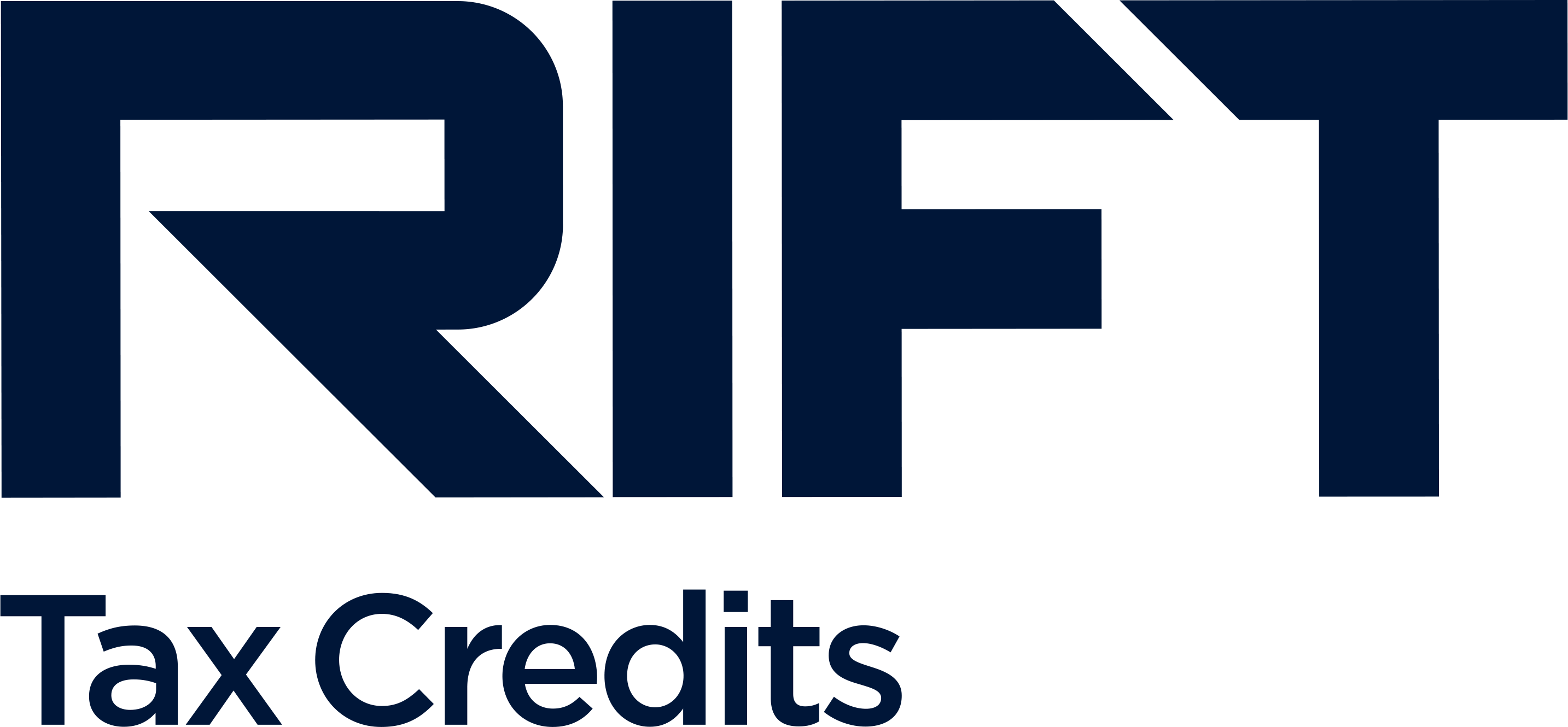The UK government’s Vaccine Research Relief scheme is just one of many tax relief programmes on offer to innovative scientific research companies. London-based R&D tax specialists, RIFT Research and Development advise companies to talk to an expert and make tax incentives work for them.
Ever since the influenza pandemic of 1918, which is estimated to have killed between 50 and 100 million people worldwide, governments have been trying to incentivise scientists to work on R&D projects to protect against disease. The current tax regime for research has never been better, say tax experts at RIFT.
“The big drug corporations and university spin-outs have long been receiving tax breaks for R&D work. What is not so well known is that businesses doing other types of healthcare development are also eligible,” commented Sue Nelson, Director of RIFT Research and Development.
“We have completed claims for companies developing lenses for spectacles, medical equipment manufacturers and software developers working on how to make the internet more accessible for those less able-bodied than ourselves,” continued Nelson.
To gain these tax breaks a company must be working on innovative products or services that are new to their market.
Seasonal flu kills between 250,000 and 500,000 people each year and a new pandemic could have the potential to kill millions of people globally.
On Sunday, a team at Imperial College London published their work on a ‘blueprint’ for a universal flu vaccine. Influenza can readily change the proteins that protrude from its surface, but the material on the inside is common to many strains. The research team has been targeting the core of the virus in an attempt to develop a universal vaccine and is making strong headway, with its availability possible in around five year’s time.
Nelson continues: “Time and again we see people who have fallen into development, because they tried to find a solution off-the-shelf and couldn’t. To overcome the problem they ended up designing the product or service themselves. Mostly it is a group of people who develop something bespoke that no one else has considered yet. Our average R&D refund is £40,000. That’s a lot of money to most small businesses.”
The tax incentive is available from HMRC either as a refund on corporation tax or as a straight cash payment. To be eligible for the SME scheme businesses should have less than 500 employees and a turnover of less than 100 million euros.
Get credit for your business innovation with research and development tax credits claim assistance from RIFT. Find out more about types of HMRC R&D tax credits, deep dive into the world of business innovation with our insights, or contact RIFT R&D today to find out how we can maximise your benefits.

